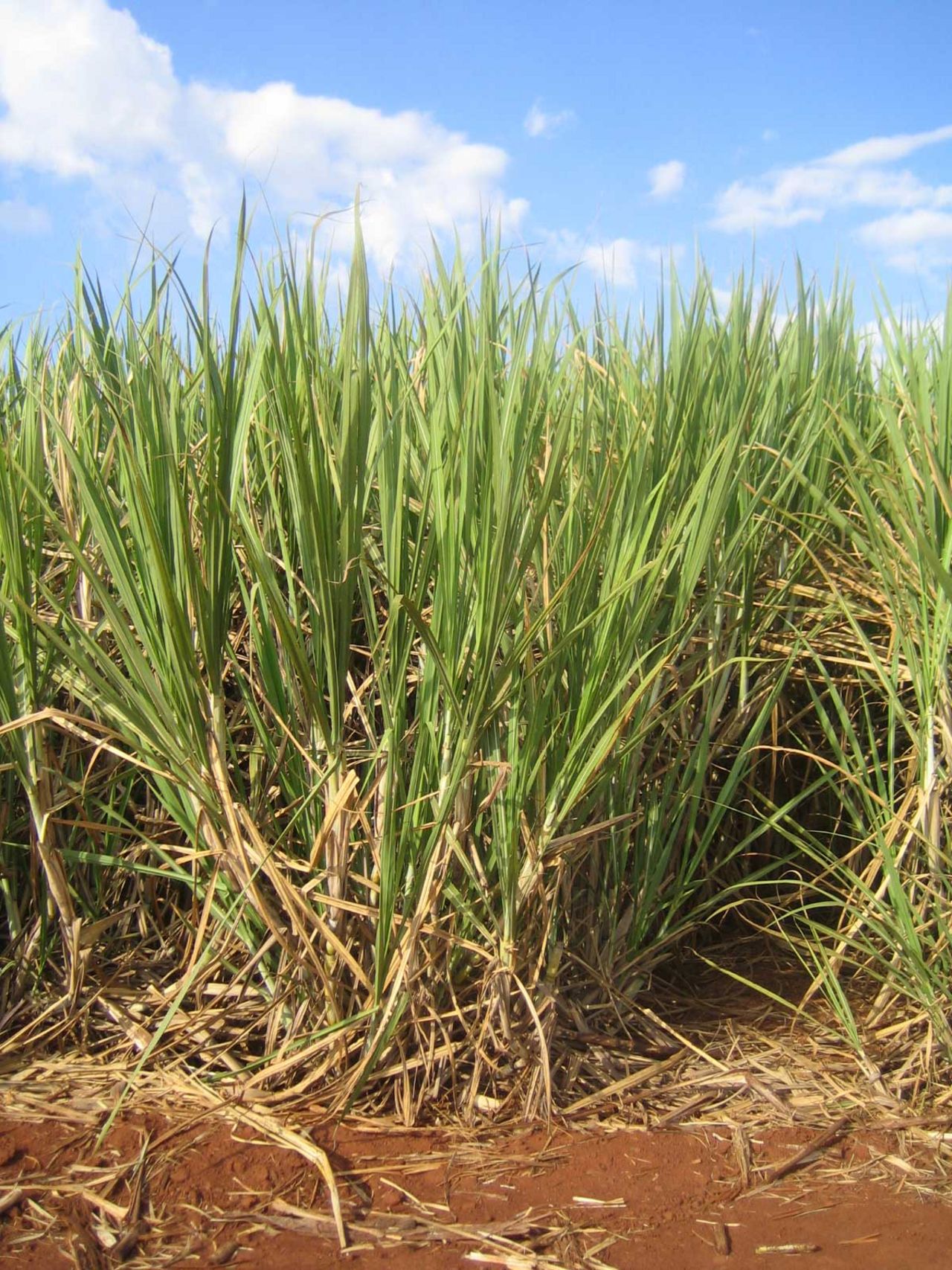Project
Production costs sugar raw materials

Sugar raw materials: production systems and production costs in chosen countries
The sugar market is increasingly liberalized. The Least Developed Countries (LDC) are able to export sugar duty-free to the EU under the Everything But Arms (EBA) agreement. This means that sugar imports could increase significantly in the future and displace European beet sugar.
Background and Objective
So far, sugar imports from LDC countries have been rather low at around 0.5 million t. However, if the world market price for sugar is significantly below the EU price in the future and if there is a positive economic trend in the LDC countries, imports can increase significantly. Against this background, we want to estimate the price ratios at which sugar exports will become economically interesting for selected LDC countries.
Approach
Using regional statistics, we examine the status of sugar cane production in Tansania, Mozambique and Kenya. On this basis, we establish typical farms in selected regions and calculate the production costs for sugar cane in comparison with European sugar production and Brazil as the main exporter worldwide.
Data and Methods
We determine the production costs based on typical farms that we establish together with our international partner organizations and farmers in the selected countries. We calculate the production costs using the TYPICROP model.
Preliminary Results
The results show that raw material production cost in the selected countries is roughly at the same level as in Brazil and Europe. Due to excellent site conditions for sugar cane cultivation, the yields and thus raw material production are very competitive. However, the transport and processing costs are problematic. Poorly coordinated logistics and inefficient processing processes have a negative impact on the competitiveness of the entire value chain.
Due to political interventions, domestic sugar prices in these countries are significantly higher than on the world market or in the EU. With increasing population and income growth, it can be expected that these countries will produce for domestic needs rather than export to the EU.
Thünen-Contact

Involved external Thünen-Partners
-
Nordzucker
(Braunschweig, Deutschland)
Duration
9.2014 - 12.2024
More Information
Project status:
ongoing
Publications to the project
- 0
Balieiro S, Witte T de, Lehnberger A (2019) International competitiveness of value chains for sugar beet and sugarcane: a combined approach to estimate production and processing costs in Brazil and Germany. Sugar Ind 144(8):444-450
- 1
Witte T de, Balieiro S (2017) Wettbewerbsfähigkeit der Zuckerproduktion in Thailand. Zuckerrübe 66(2):16-19
- 2
Balieiro S, Witte T de, Weerathaworn P (2016) Using production - cost analysis to understand the competitiveness of sugarcane production: a comparison among Thailand, Vietnam, South Africa and Brazil. Int Sugar J:242-247



![[Translate to English:] Logo des Bundesministerium für Ernährung und Landwirtschaft](/media/allgemein/logos/BMEL_Logo.svg)